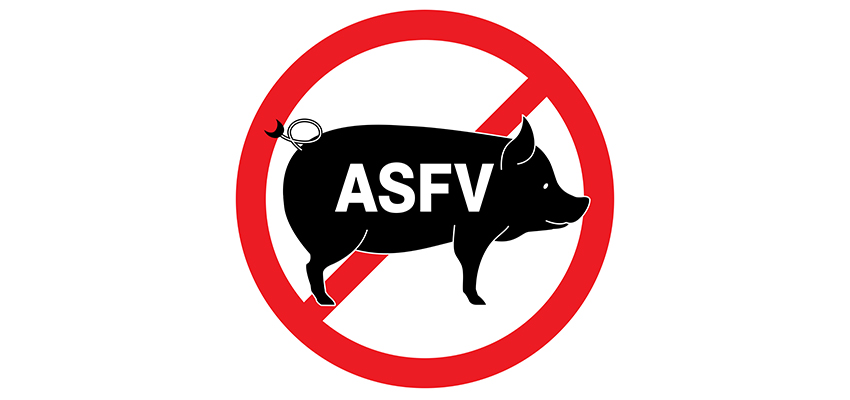HALTING the peril of African swine fever is the stated reason for a $66.6m boost in biosecurity funding announced by the Australian government.
Agriculture minister Bridget McKenzie said the money would allow for more officers, detector dogs and x-ray machines.
“Our agricultural sector, already battling drought, can’t afford to take a hit of that magnitude,” Senator McKenzie said.
“We export 70% of what we grow and we’re in demand internationally because of our reputation for safe, clean and green food and fibre – a reputation built on our pest and disease free status.”
Measures funded through the ASF Response Package:
- 130 more frontline biosecurity officers are to start to be deployed from January 2020 for passenger screenings
- Six new detector dogs to be deployed at airports and mail centres by July 2020
- Two new 3D x-ray machines at Melbourne and Sydney mail centres to be deployed by July 2020
- Biosecurity officers are to have a new capability to issue infringement notices on the spot at airports
- A new biosecurity squad are to be established onshore to check products brought into Australia for sale aren’t fraudulently labelled.
- Zoning arrangements will be developed to help support continued market access for our pork producers should the unthinkable happen and ASF reaches a part of Australia.
“While our efforts are focused on meeting the ASF threat now, there are many other pests and diseases that could hurt our agricultural sector, our human health and our unique environment if they get past our borders,” Senator McKenzie said.
“The government is also proceeding with a biosecurity levy, in line with our commitment made in May 2018 and will legislate it next year. The new levy model will be developed in consultation with the importing industry and will be applied onshore to importers who use the biosecurity system.”

